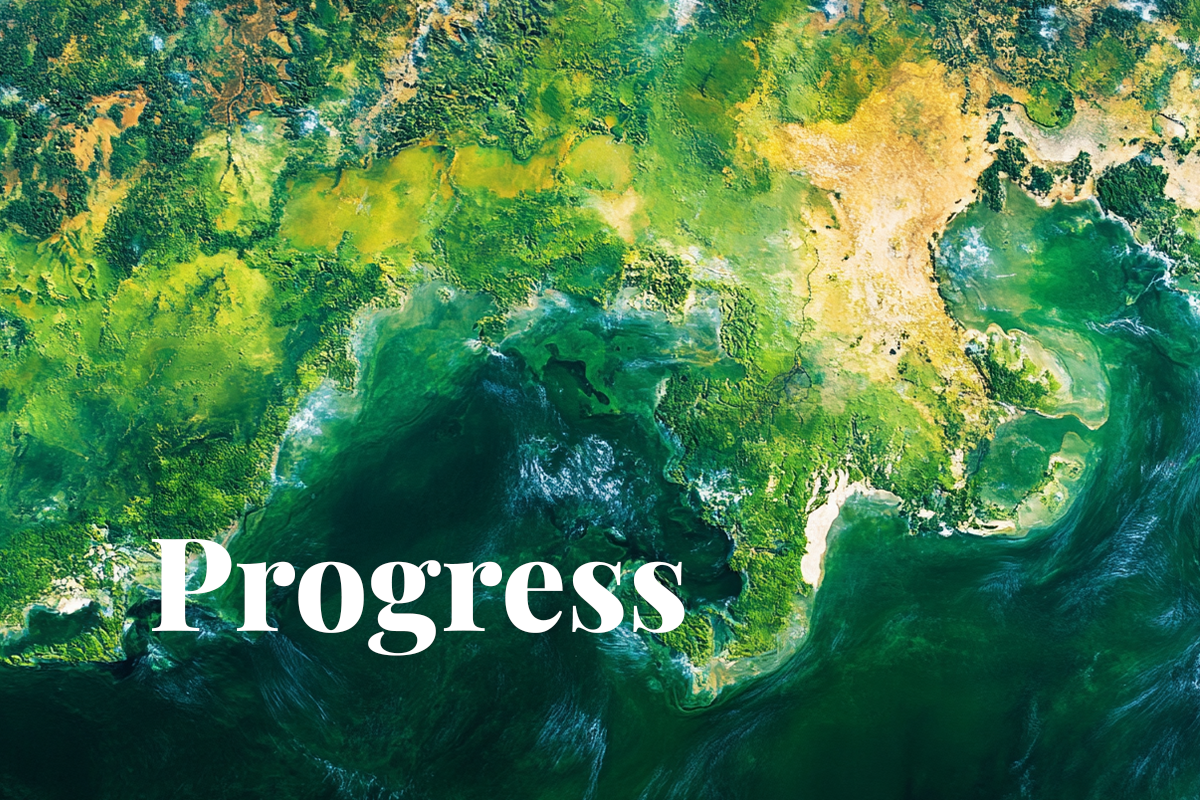COP29 in Baku, Azerbaijan, marked a milestone in global environmental action with the adoption of a framework under Article 6.4 of the Paris Agreement. Nearly 200 nations agreed to establish a UN-managed global carbon market, enabling more efficient trading of carbon credits to fund environmental projects, particularly in developing nations.
 A satellite photo of a forested part of the Earth. AI generated picture.
A satellite photo of a forested part of the Earth. AI generated picture.
COP29 President Mukhtar Babayev hailed the agreement as ‘game-changing’, emphasising its potential to reduce the cost of implementing Nationally Determined Contributions (NDCs) by $250 billion annually. Babayev urged nations to maintain momentum, as COP29 continues tackling pressing challenges.
Article 6.4 replaces the outdated Clean Development Mechanism (CDM) with a more transparent, centralised system. The new framework allows countries and companies to trade emissions reduction credits generated worldwide. Standards finalised in October 2024 include robust guidelines for carbon removal projects, aimed at restoring confidence in carbon markets.
Read more: Brazil’s Amazon Fund reaches record $154.9 million
Sebastien Cross of BeZero Carbon described the agreement as a significant win, stating it ‘provides the tools we need to make carbon markets work better’. The framework also offers clear rules for project developers and aligns national policies with international standards, simplifying emission reduction efforts.
Despite its promise, the deal faced resistance. The Coalition for Rainforest Nations (CfRN) criticised procedural bypasses in finalising Article 6.4 rules. A compromise resulted in softer language, such as ‘take note’, to acknowledge rather than fully endorse the regulations. Babayev assured continued discussions to refine the system and address concerns about market integrity and inclusivity.
The global carbon market aims to drive investment into environmental projects, particularly in developing nations. By creating a market-driven system, companies that exceed emission reduction targets can profit by selling extra credits, while others can buy credits to meet goals. This not only reduces global emissions but also promotes sustainable development in poorer regions.
The Economic Community of West African States (ECOWAS) is advancing its own carbon market framework, expected to be finalised by mid-2025. With feasibility studies and regional consultations underway, ECOWAS aims to establish common regulations, a carbon registry, and potentially an African certification body.
While the Article 6.4 framework is a significant step forward, operational guidelines and methodologies remain in progress, targeted for completion by 2025. Policymakers face the challenge of ensuring fairness and accessibility for all participants, particularly smaller markets.
As COP29 unfolds, global leaders remain focused on refining this ambitious system, aiming to boost carbon credit demand and drive critical environmental action worldwide.
Read more: World famous companies pushing carbon compensation in sports
At DGB Group, our dedication lies in helping businesses and individuals compensate for their carbon footprints through impactful nature-based solutions. We specialise in large-scale reforestation, afforestation, and energy-efficient cookstove projects that restore ecosystems, enhance biodiversity, and deliver lasting socio-economic benefits to local communities. Our mission is to create meaningful environmental and social impact while driving sustainability forward.




